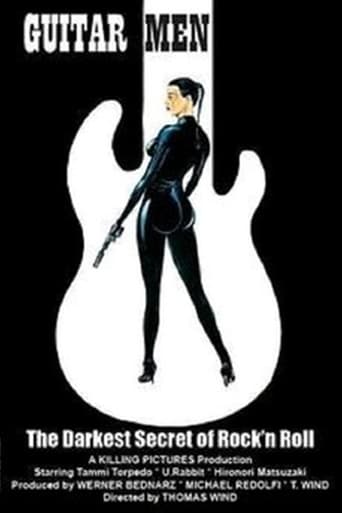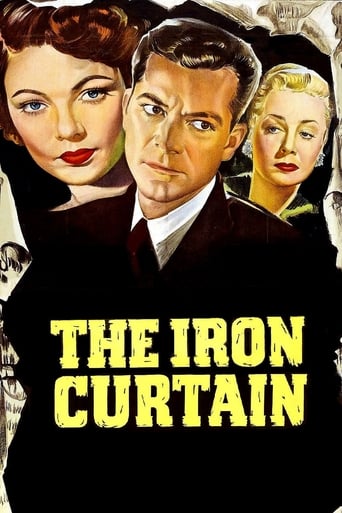


The Iron Curtain
The Iron Curtain is based on the actual 1945 case of Soviet cipher clerk Igor Gouzenko, (Dana Andrews), who, after careful training, was assigned to the U.S.S.R. Embassy in Ottawa, Canada in the midst of World War II. Eventually, Gouzenko defected with 109 pages of material implicating several high level Canadian officials, outlined the steps taken to secure information about the the details of the nuclear bomb via numerous sleeper cells established throughout North America. The scandal that resulted when details of this case were publicized by American columnist Drew Pearson in early 1946 involved Canada, Britain and the United States.
-
- Cast:
- Dana Andrews , Gene Tierney , June Havoc , Berry Kroeger , Edna Best , Stefan Schnabel , Nicholas Joy


Similar titles

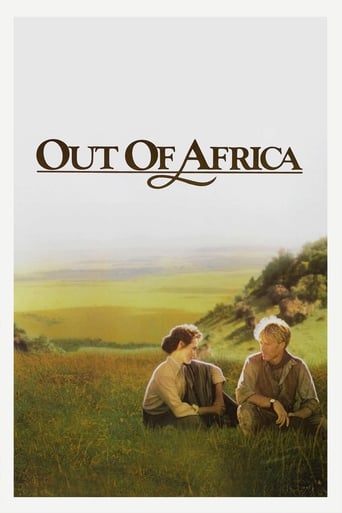

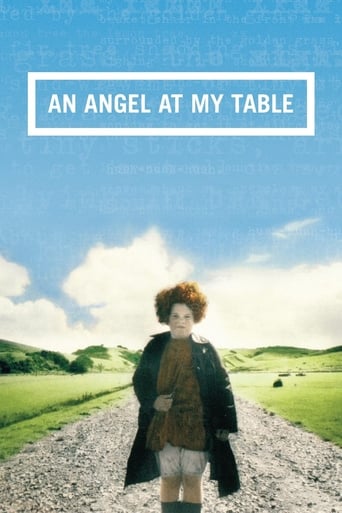
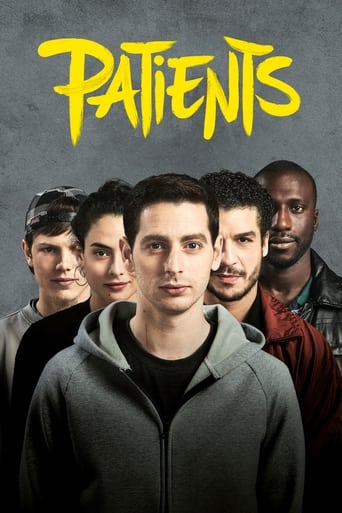
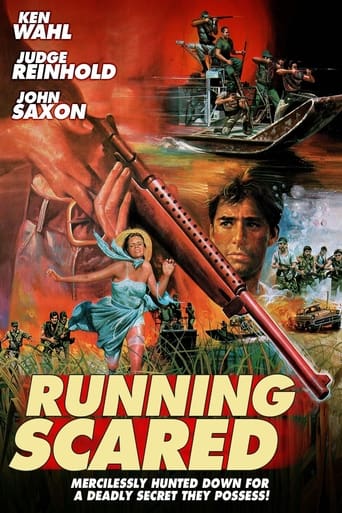
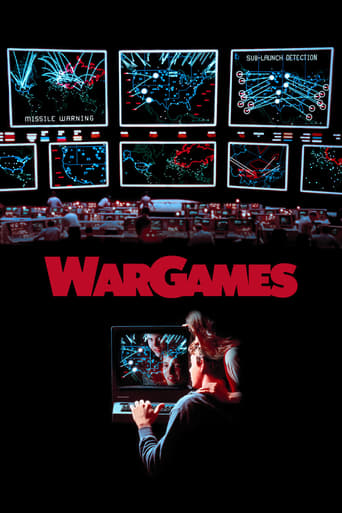
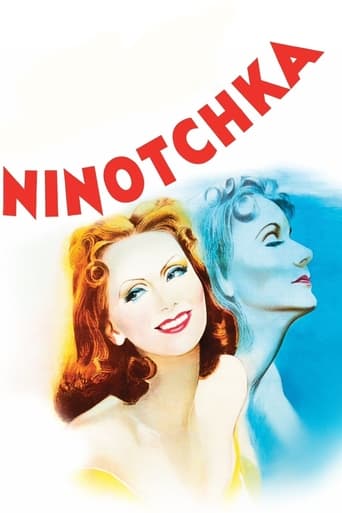

Reviews
terrible... so disappointed.
While it doesn't offer any answers, it both thrills and makes you think.
I enjoyed watching this film and would recommend other to give it a try , (as I am) but this movie, although enjoyable to watch due to the better than average acting fails to add anything new to its storyline that is all too familiar to these types of movies.
One of those movie experiences that is so good it makes you realize you've been grading everything else on a curve.
There's a moment in William Wellman's Anti-Communist propaganda film that captured why The Iron Curtain is on the same level as another great Canadian film, The 49th Parallel. In short order, Soviet officer Dana Andrews, a military cypher for the USSR in Ottawa at the end of WWII, has seen a compatriot threatened with being sent back to Russia, and the fellow officer drunkenly comments on how awful it is to be threatened with returning to one's own country, has been informed by his wife, Gene Tierney, that she doesn't want their son to grow up in a world where everyone is afraid, and sees the aforementioned officer in the death throes of despair as he drinks himself into oblivion.It's a powerful triple shot that convinces Andrews, playing a real- life member of the Russian Embassy staff, that his future lies with the free people of Canada. The Iron Curtain is a spy thriller and an espionage thriller. Since spy and espionage are the same thing, the difference, the two-sidedness of the movie comes in the dual stories. We see the workings of the apparatchiks in the embassy (I loved the character actor, a man I grew up watching on TV in many roles, who runs the secret-decoder ring operations of the embassy--he has to drown out the sound of conversation with Soviet-approved music, and he HATES music!), but the movie takes great pains to show the subversives working for the Soviets in the Canadian government. It's a feverish, nauseating sight when the tentacles of the Communist octopus reach out, farther and farther, to further the Soviet's version of Marxist-Leninism. On a propaganda level, the baddies all look like pedophiles--humorless, colorless masses of skin you'd never suspect as traitors and subversives. I greatly appreciated The Iron Curtain for its painstaking approach to reminding us that free speech and free assembly, that freedom itself breeds optimism. The average folks who come in contact with the Soviets and their sympathizers are a cheerful lot. Early in the movie, Andrews goes out dancing with Embassy Secretary and Bitch-Goddess, June Havoc (about as scary a beauty as Charlize Theron in one of those weird perfume commercials she does). You notice very quickly the folks in the night club are happy and relaxed. They know a war is on, but they aren't going to relent to the doom and gloom because their optimism won't allow it. Being a small-d democrat is antithetical to dreary, authoritarian pessimism. The atmosphere in the dance hall is a heady elixir, and Havoc takes Andrews there to see how he reacts to the evil hedonism of foolish capitalists. She wants to see if Andrews is prone to being a blabbermouth. He confronts her with his knowledge of what she's up to, and he compares her beauty with that of his wife (Tierney), and it's not a nice comparison for Havoc. When VJ Day is declared, Andrews and his wife listen to a radio broadcast from San Francisco wherein the announcer speaks of the allied soldiers who aren't going to have to fight their way onto the beaches of Japan, that theirs is a celebration of salvation. The announcer's voice almost cracks with emotion about blessed peace. Democracy isn't always cheerful (sometimes hard decisions have to be made), but the thought that individuals hold the power to govern themselves, that an informed public is made up of informed individuals is a thing to put a smile on the viewer's face.As the story unfolds, we begin to suspend our disbelief in what we are seeing, and not because the movie is introduced with a voice-over declaring the authenticity of the story. When Andrews finally decides to defect, to deliver stolen documentation of Soviet perfidy to the Canadian authorities, he's rebuffed repeatedly. Canadian apparatchiks, both in government and in the press think he's a nut, so the menace of execution for him and his wife and the guaranteed reprisals against family members at home is palpably real. Andrews takes his family back to their apartment (Was the real Igor Gouzenko that stupid?) where he is confronted by three members of the Russian thugocracy, and it's only when a pair of perplexed Ottawa constables arrive to find out what all the fuss and bother's about that the viewer stops holding the remote way too tightly.Finally, if you know what "Program Music" is, then you will see it put to great use in The Iron Curtain. I think four Russian composers had their work used in the movie; Shostakovich is the one I recognized, and he was a master of what we would simply recognize as "movie music," background music designed to heighten emotion. Here, the composers' works are used to add both suspense and to be a plot device. Remember the room I mentioned with the guy who hates music? Shostakovich is blaring in the background, to the point where the viewer wants to yell, "Turn that stuff down, will ya!" It's jarring and unnerving and utterly effective.The same way the movie is in reminding us why totalitarianism is designed to crush souls and democracy is designed to elevate them.I would strongly recommend taking some time to see The Iron Curtain and The 49th Parallel, two great propaganda pieces that remind us why democracy is a good and noble thing.
The embellished story of Soviet defector Igor Gouzenko is told here in the documentary style that 20th Century Fox popularized in the post World War II period with such other films as The House On 92nd Street, The Street With No Name and 13 Rue Madeleine. Gouzenko is played here in tightlipped fashion for an uptight man by Dana Andrews with Mrs. Gouzenko played by frequent Andrews co-star Gene Tierney.Gouzenko was a security code clerk at the Soviet Embassy in Ottawa and was an important conduit for top secret information both in and out of official diplomatic channels. During the Cold War it was a standard practice for the Soviets to use their embassies as places of espionage as well as diplomacy as did we. But this started during World War II when both sides were ostensibly allies.Canada had its own role in World War II as an ally, an important supplier of troops and even more important guardian of the North Atlantic sea lanes for supplies. Their scientists worked on the Manhattan Project and the development of a super weapon certainly piqued Soviet interest. Just what were allies America and the United Kingdom working on?When we meet Gouzenko he's a pretty firm true believer in the evangelizing mission of the Soviet state. But what was presented satirically in films like Ninotchka and Comrade X is done seriously here. The material prosperity of the west is something Andrews pretends not to notice, but Tierney isn't quite as self controlled. The friendliness of neighbor Edna Best to Tierney and her infant son proves to be invaluable in the end. No wonder the Soviets tell Andrews to stand aloof from the ordinary Canadians. Random acts of kindness can sometimes really pay off.A good cast of villainous types play various Soviet embassy and intelligence officials. Two should be singled out, a female seductress played by June Havoc who tests Andrews discretion and loyalty and comes up short. And Eduard Franz who plays another embassy official who becomes disillusioned with Communism and isn't so discreet about it.For a Cold War era anti-Communist film, The Iron Curtain holds up well over 60 years later. How convenient of Winston Churchill to provide a title for this film with a famous speech in 1948.
One has to wonder whether anyone cares what words mean. Hey folks, this is a true story told in a deliberately understated way to avoid sensationalizing the subject, which was plenty exciting enough. Anyone who thinks it is propaganda either doesn't know what the word means or doesn't realize what is really going on and has been going on for some several hundred years now. Simply stated, there are a very few places in this world where people have achieved a measure of freedom and relative comfort. That is the exception. The rest of the world is a place with far less comfort and freedom. In 1945 and in 2010 there are plenty of bad guys who would like to do harm and once in a while someone upsets their plan. That is a good thing and telling us about it is a good thing. It isn't propaganda. It is our history.
The defection of Igor Gouzenko from the Soviet Embassy in Ottawa, Canada, in 1946, was one of the most electrifying events of the Cold War. The documents and information which he brought with him, gained from his work as a top-secret cipher clerk, resulted in the destruction of the main Soviet spy ring in Canada, which included a Member of Parliament and a nuclear scientist who was working on the atomic bomb. This film, with all the locations shot in Ottawa, and its details drawn from the official reports of a Royal Commission, is a fascinating depiction of the true story of Gouzenko from the moment of his arrival in Canada, his first time outside the Soviet Union, till his defection with his wife and child. William Wellmann directed the film in a low-key style, with some documentary linking narration from time to time. Dana Andrews was never so subdued and soft-spoken as Gouzenko in this film, and Gene Tierney is remarkably self-effacing as the devoted wife and mother of an infant. She has no particularly interesting scenes. The really powerful performances in this film are by Berry Kroeger, in his first film appearance, as an insidious, swaggering and menacing mastermind of a Soviet espionage ring, and Eduard Franz as a Soviet major who 'just cannot take it any more' and turns into a drunk. The film is tense and gripping, and follows closely the real life events of this notorious story. June Havoc is effective in a minor role as the resident Soviet honeypot who tests the new staff with alcohol and seduction to see if they are indiscreet. The world inside the Soviet Embassy is convincingly and eerily depicted, a demi-monde and a half-life of people serving Stalin and the Party like grim automatons with dark faces and all humanity stripped out of them. This film gives a nice lesson in the realities of sordid power, and the hollowness of institutionalised betrayal. There are none so low as those who slither.

